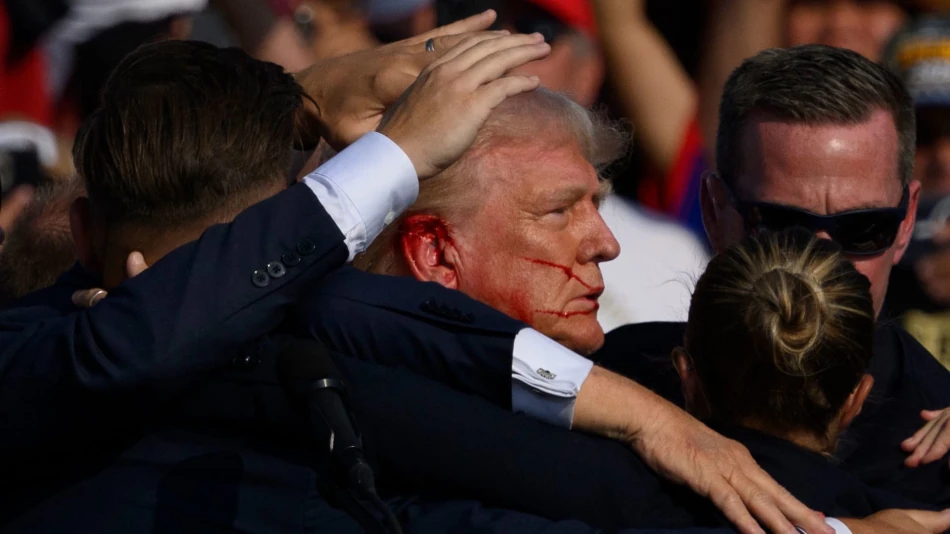
Alleged Assassination Plot Against Trump Triggers High-Profile Trial
Trump Golf Course Assassination Plot Trial Begins as Suspect Represents Himself
The trial of Ryan Routh, accused of plotting to assassinate President Donald Trump at his Florida golf course during the 2024 presidential campaign, commenced with jury selection this week. In an unusual twist, the 58-year-old defendant is representing himself in court and offered an apology to potential jurors—not for the alleged crimes, but for the inconvenience of a lengthy trial process.
The September Incident That Shocked Palm Beach
On September 15, 2024, Secret Service agents opened fire on an armed man hiding in bushes at Trump's West Palm Beach golf course. Routh never discharged his weapon but fled the scene immediately, leading to a brief manhunt that ended with his arrest during an attempted escape by vehicle.
The incident marked the second assassination attempt against Trump during the 2024 campaign season, highlighting persistent security challenges facing high-profile political figures. Unlike previous cases, Routh's approach involved extended surveillance and positioning rather than direct confrontation.
Legal Charges and Self-Representation Strategy
Routh faces federal charges including illegal firearm possession and possession of a weapon with an obliterated serial number. His decision to represent himself pro se—a legal term for self-representation—adds complexity to proceedings and raises questions about courtroom dynamics.
During jury selection, Routh's apology focused on the anticipated three-week trial duration rather than expressing remorse for the alleged crimes. This calculated approach suggests a deliberate legal strategy, though self-representation in federal assassination attempt cases historically yields poor outcomes for defendants.
Security Implications for Political Campaigns
The case underscores evolving threats against political figures during election cycles. Unlike traditional assassination attempts that rely on crowd infiltration or public events, Routh's alleged plan targeted Trump's private recreational activities—a concerning shift in threat methodology.
Secret Service protocols proved effective in this instance, with agents detecting and neutralizing the threat before violence occurred. However, the incident prompted reviews of security procedures at private venues frequented by protected individuals.
Broader Context of Political Violence
This trial occurs amid heightened concerns about political violence in American democracy. The 2024 election cycle witnessed unprecedented security challenges, with multiple threats against candidates from both major parties.
Routh's case differs from historical assassination attempts due to the extended planning period and surveillance involved. Federal prosecutors will likely emphasize premeditation and the sophisticated nature of the alleged plot, potentially seeking severe penalties under anti-terrorism statutes.
What This Means for Future Security
The proceedings will likely influence Secret Service protocols and private venue security measures. Golf courses, country clubs, and similar recreational facilities present unique challenges for protective details due to their open layouts and multiple access points.
Legal experts anticipate the trial will establish precedents for prosecuting modern assassination attempts that involve extended surveillance and planning phases. The outcome may influence how federal authorities approach similar cases and allocate resources for threat detection.
With Routh's self-representation adding unpredictability to proceedings, the three-week trial promises to provide insights into both the specific incident and broader questions about political violence prevention in contemporary America.
Most Viewed News

 Sara Khaled
Sara Khaled






